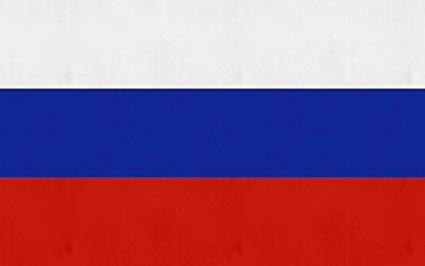Employers engaging foreign labor in Russia have until 31 December 2019 to confirm the vaccination against measles of all the foreign nationals they currently employ.
According to the Federal Service for Supervision of Consumer Rights Protection and Human Well-Being (Rospotrebnadzor), employers must be able to confirm their compliance with this requirement using documents issued by a medical organization which provided vaccination services, and/or documents confirming that their foreign national employees do not require vaccination.
Employers must submit a written report about measles immunization to their territorial Rospotrebnadzor office listing the immunization status of all their foreign employees, with supporting documents.
Foreign nationals can confirm that they have had measles, or have already been vaccinated, or are exempt from vaccination by presenting a vaccination certificate or a medical certificate, stamped by a medical organization licensed to practice immunization and signed by a doctor.
Documents issued outside Russia must be duly legalized (apostatized) and translated into Russian. Translations must be notarized.
Employees can submit a written refusal of vaccination to the employer. However, in certain sectors, including agriculture, food preparation, forestry, education and certain medical work, the employer in this case must suspend them.
Non-compliant employers can face fines of between 10 000 and 20 000 RUB, or administrative suspension of the company’s operations for up to 90 days.
[UPDATE]
On 7 November 2019, an order was signed extending until 31 December 2020 the requirement to ensure that all foreign citizens they hire are either immunized against measles, or have had this infection in the past, or were previously immunized in a proper manner. It is expected that this campaign will be extended again next year until 2021.
Our Advice
Wolfsdorf Rosenthal LLP keeps their clients apprised of immigration resources around the world. Subscribe to our Newsletter to stay in the know about immigration news and resources from around the world. Should you have any questions or for case specific information, please contact a Wolfsdorf Rosenthal immigration attorney or email the WR Global Immigration team Global@Wolfsdorf.com


